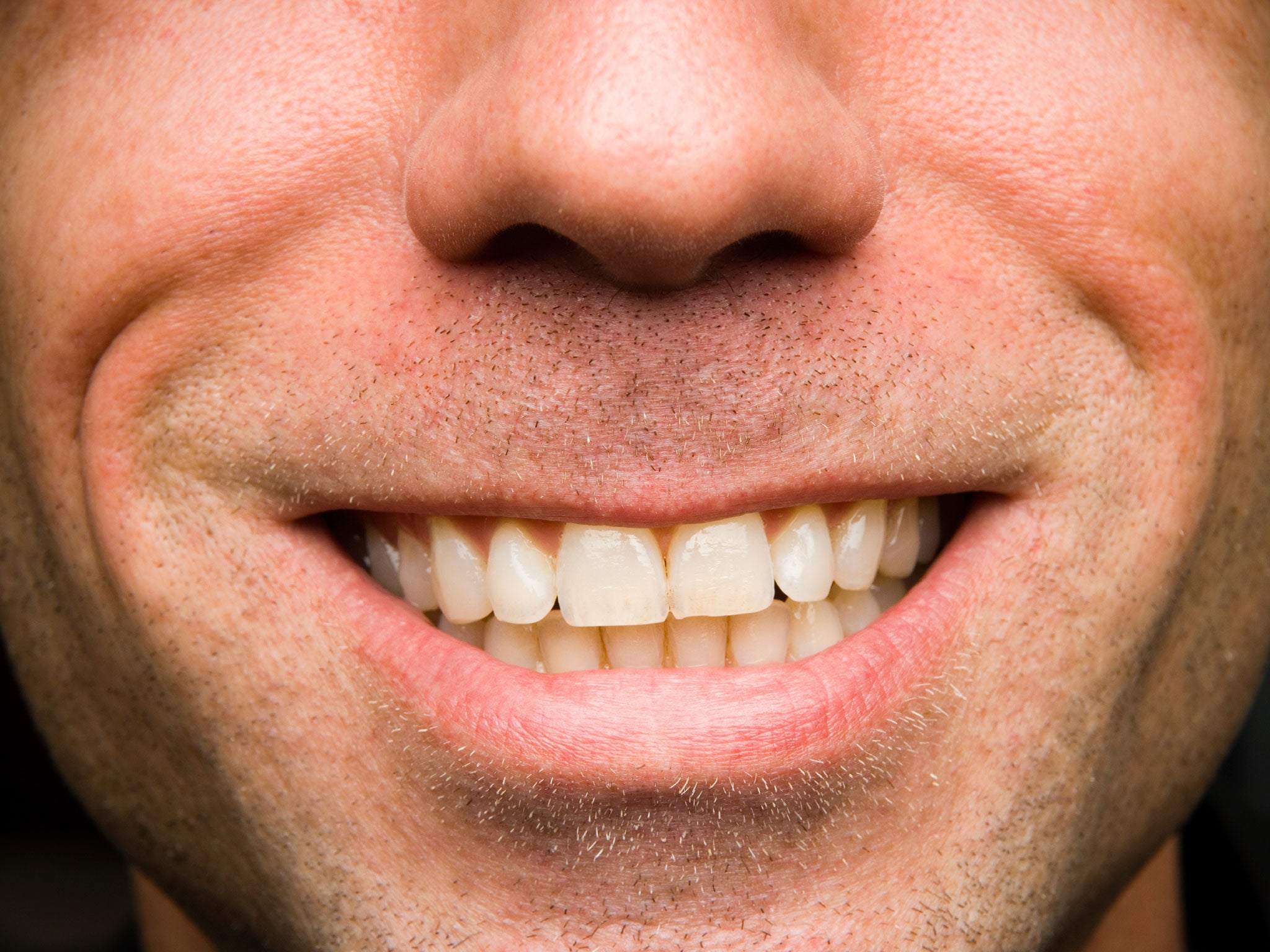Should everyone start practising safe oral sex? Experts stress that you can catch STIs from the act
Gonorrhoea, chlamydia, genital herpes, genital warts and syphilis are among the infections that can be transmitted

Your support helps us to tell the story
From reproductive rights to climate change to Big Tech, The Independent is on the ground when the story is developing. Whether it's investigating the financials of Elon Musk's pro-Trump PAC or producing our latest documentary, 'The A Word', which shines a light on the American women fighting for reproductive rights, we know how important it is to parse out the facts from the messaging.
At such a critical moment in US history, we need reporters on the ground. Your donation allows us to keep sending journalists to speak to both sides of the story.
The Independent is trusted by Americans across the entire political spectrum. And unlike many other quality news outlets, we choose not to lock Americans out of our reporting and analysis with paywalls. We believe quality journalism should be available to everyone, paid for by those who can afford it.
Your support makes all the difference.Sex is a taboo - leaving people in the dark about how the act can damage their bodies and their partner's.
And oral sex is no exception, according to experts.
The majority of people - around 70 per cent - view oral stimulation as a form of “full blown” sex, according to a study by the ground-breaking sexual research centre at the Kinsey Institute in Indiana.
But health experts fear that people are not protecting themselves against Sexually Transmitted Infections, as they do not realise they can be spread orally.
The British Association for Sexual Health and HIV (BASHH) recently told BBC Newsbeat recently that rates of diseases including genital herpes, chlamydia and drug-resistant gonorrhoea being spread orally are rising.
Dr Peter Greenhouse, who advises on UK government sexual health policy, recently told Newsbeat that “very very” few people use condoms for oral sex.
Oral sex is now the primary way of spreading drug-resistant gonorrhea, he said, as drugs used to treat it don’t affect the throat as well as other parts of the body, meaning it remains in the mouth.
The facts are that genital herpes, gonorrhea, and syphillis are the most commonly spread diseases, but chlamydia, HIV, hepatitis A, hepatitis B and hepatitis C, genital warts and pubic lice can also be transmitted.
However, the symptoms of these conditions vary greatly.
To prevent catching STIs from oral sex you must ensure your partner wears a condom, according to the NHS.
A dental dam, a thin piece of soft plastic, can also be used to cover the anus or female genitals during oral sex.
Sue Knight, lead nurse of Clinical Governance at young people's sexual health and wellbeing charity Brook told The Independent: “Anyone can catch an STI through unprotected oral sex, so it's really important to take precautions, and to get tested regularly.
"Dental dams and condoms can be used as barrier methods to prevent the passing on of STIs during oral sex, and are available free via your local family planning clinic or sexual health service.
"Under 25s can visit their nearest Brook for free and confidential advice, testing and treatment."
Dr Alexandra Phelan, a working GP and member of the Pharmacy2U Online Doctor service, said: “While there is less risk of a sexually transmitted infections being passed through oral sex than via vaginal or anal intercourse, there are still risks that people should be aware of.
"Using a condom when oral sex is being performed on a man is a relatively straightforward way of partially safeguarding against STIs. If your partner has any open sores from genital herpes around the genital region it is best to avoid sexual contact until these have healed.
"However, it is more difficult to guard against STIs when oral sex is being performed on a woman. A barrier device such as a dental dam can offer protection against STIs."
"The only certain way to guard against STIs when performing oral sex is to ensure you always use barrier precautions and that you and your partner have been tested and given a negative result."
Dr Michael Brady, Medical Director at the Terrence Higgins Trust, said: “Young people are disproportionately affected by STIs. One of the reasons for this is that we still don't provide every young person with comprehensive and appropriate Sex and Relationships Education (SRE).
“A reduction in STIs, including oral STIs, must be a public health priority. The Government needs to ensure every young person has access to effective SRE that gives them the knowledge and skills to enjoy healthy and safe sex lives.”
Join our commenting forum
Join thought-provoking conversations, follow other Independent readers and see their replies
0Comments